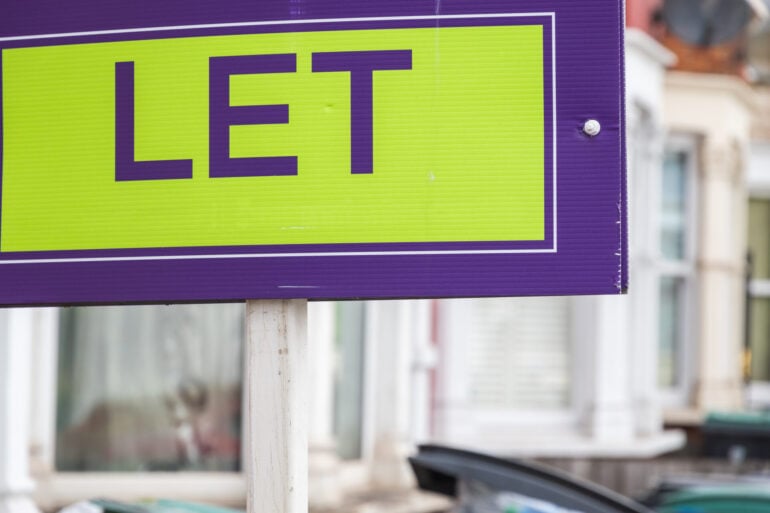A new survey of 6,524 renters by flatshare platform SpareRoom has found that while 56% of renters believe they will eventually buy a home, optimism fades sharply with age. Only 24% of those in their 50s expect to ever get on the property ladder, compared to 62% of under 30s.
Among those who believe they will never buy, 65% say they are unable to save a deposit and 67% do not earn enough to qualify for a mortgage. Just under half (48%) cite the lack of family financial support. Only 11% say they prefer renting.
The survey highlights both optimism and harsh realities for younger renters. Of the 2,920 respondents under 30, 38% expect to buy within five years, and a further 40% think it will take five to nine years. Nearly all (92%) expect to use savings, while 47% plan to buy with a partner. One in four are considering moving back in with parents to save money.
More than half (51%) of under 30s expect to relocate to afford buying, and 86% are already cutting spending. Dining out (63%), holidays (56%) and clothes (55%) are the top sacrifices.
Despite this, housing costs remain a major obstacle. The share of renters spending more than half of their take-home pay on rent has risen from 24% in 2021 to 26% in 2025. Average UK room rents have jumped 29% in that period, reaching £744 per month. Under 25s are hardest hit, with 40% spending over 50% of their income on rent.
Women also face a greater rent burden than men, with 31% spending more than half of their income on rent compared to 20% of men.
Matt Hutchinson, director of SpareRoom, said: “The post-pandemic rush for rentals forced rents to record highs across the UK. However, as is all too often the case, despite the market cooling, rents never came back down again. Affordability was already a huge issue before the pandemic, but people have become increasingly rent burdened and are faced with tough choices: do they compromise where they live, and the quality of the home they live in, to save towards a deposit?
“Under 30s seem optimistic about their chances of eventually owning homes. But the plummeting home-owning expectations of renters now in their 40s and 50s, coupled with the high cost of living, makes you wonder if the expectations and the reality are aligned.
“The number of over 65s searching for rooms in flatshares or seeking housemates has risen elevenfold in 10 years, while the number of over 55s has tripled according to our data, and the decline of homeownership is well documented. The real question we have to start asking is what happens to a generation who retire without having built an asset through homeownership and who clearly haven’t been able to save either? This is a ticking time bomb that’ll one day blast a huge hole in the public purse if it’s not addressed now. It’s time for some proper long-term policies.”




